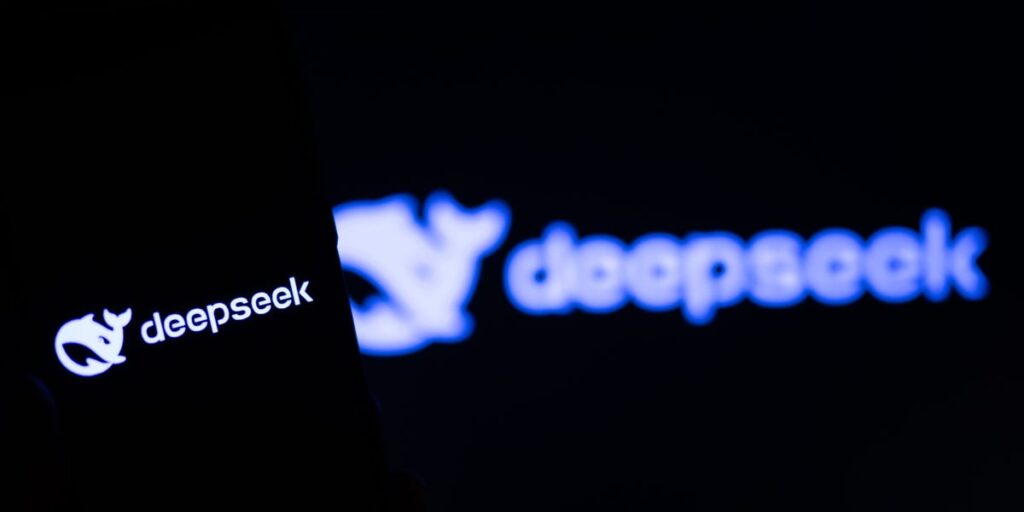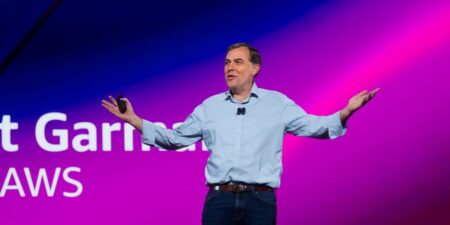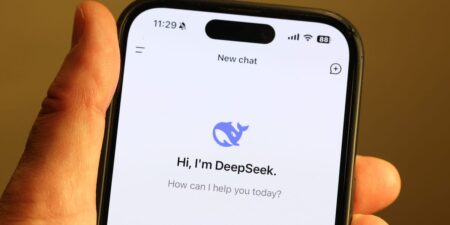- DeepSeek has rolled out AI models that are a lot cheaper than OpenAI’s offerings.
- AI models are mostly trained on public data, making differentiation challenging.
- DeepSeek’s open-source models challenge OpenAI’s proprietary approach.
The cost of using AI models has been plunging as competition intensifies and it becomes increasingly easy to catch, match, and even beat the top-performing offerings.
Having a leading AI model is nowhere near as special as it was two years ago. These models are mostly trained on data that’s publicly available on the internet, so they’re not that much different from each other. Standing out in this crowd and charging premium prices is increasingly difficult.
In recent weeks, DeepSeek has taken this pricing dynamic to a new level. The Chinese AI lab rolled out models that are as good as, or better, than the best products from OpenAI, the pioneering creator of ChatGPT.
That’s impressive. But what’s potentially more disruptive is how cheap DeepSeek’s models are.
Bernstein tech analysts studied DeepSeek’s offerings in recent days and found that the Chinese AI lab is massively undercutting OpenAI on price.
“DeepSeek’s pricing blows away anything from the competition, with the company pricing their models anywhere from 20-40x cheaper than equivalent models from OpenAI,” the analysts wrote in a note to investors on Sunday.
The chart above shows the cost of “tokens,” which have become the raw material of generative AI. Chatbots and AI models break down words and other inputs into these tokens to make them easier to process and understand. One token is about three-quarters of a word.
When AI companies are handling prompts and other model inputs and outputs, they often charge users based on a per-token price. DeepSeek’s Reasoner model costs 55 cents for every 1 million tokens inputted. Meanwhile, OpenAI’s o1 model charges $15 for the same number of tokens, according to Bernstein.
The Bernstein analysts also noted that DeepSeek’s models are open-source, which means they are available to anyone who wants to work with them, for free. That’s a contrast to OpenAI, which keeps its top models proprietary and closed, while charging relatively high prices for the products.
“The whole thing brings up some very interesting questions about the role and viability of proprietary versus open-source efforts that are probably worth doing more work on,” the Bernstein analysts wrote.
DeepSeek’s newly-released flagship model is now No. 1 on Apple’s free apps chart — just ahead of ChatGPT.
Read the full article here














